Publications
Articles, publications, books, tools and multimedia features from the U.S. Institute of Peace provide the latest news, analysis, research findings, practitioner guides and reports, all related to the conflict zones and issues that are at the center of the Institute’s work to prevent and reduce violent conflict.
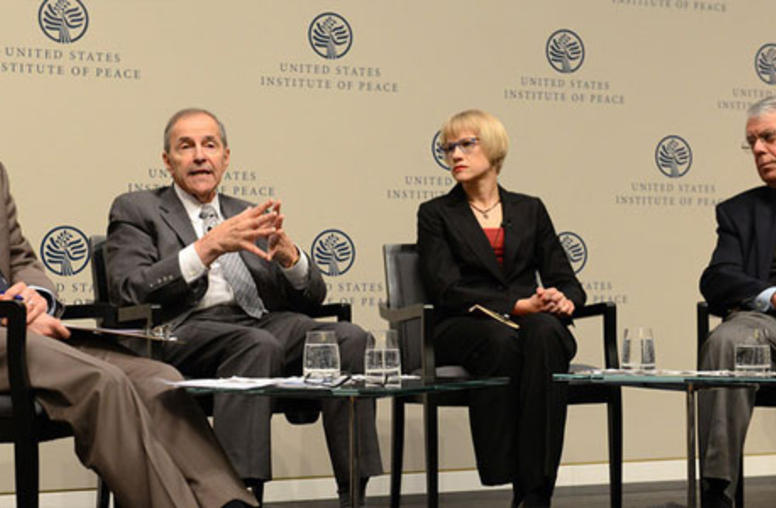
South Sudan Crisis, Ways Forward Analyzed at USIP
Though the immediate diplomatic focus should remain on arranging a cease-fire, a longer-term political process to overcome the crisis in South Sudan will need significant involvement by the international community, particularly the United States, members of an expert panel said at the U.S. Institute of Peace (USIP) on January 10.
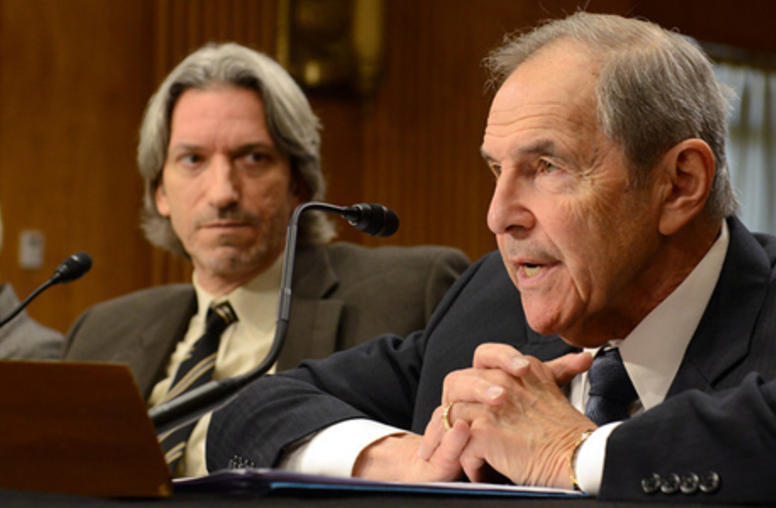
The Conflict in South Sudan: The Political Context
Ambassador Princeton N. Lyman is a senior advisor to the president of the U.S. Institute of Peace and a former U.S. special envoy for Sudan and South Sudan.
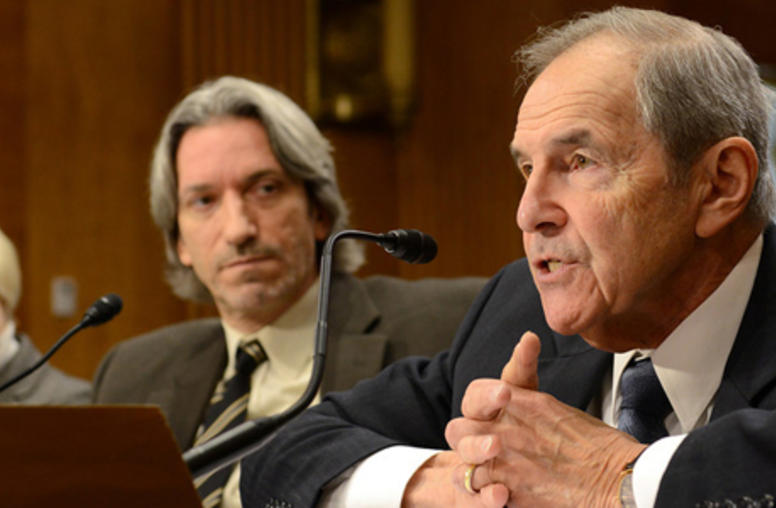
South Sudan Crisis Requires More Active U.S. Role, USIP’s Lyman Says
U.S. officials and senators warned that South Sudan’s warring leaders risk losing American backing unless they end violence that has killed more than 1,000 people in the past month, and experts such as the U.S. Institute of Peace’s Princeton Lyman urged that the international community take a more assertive role.
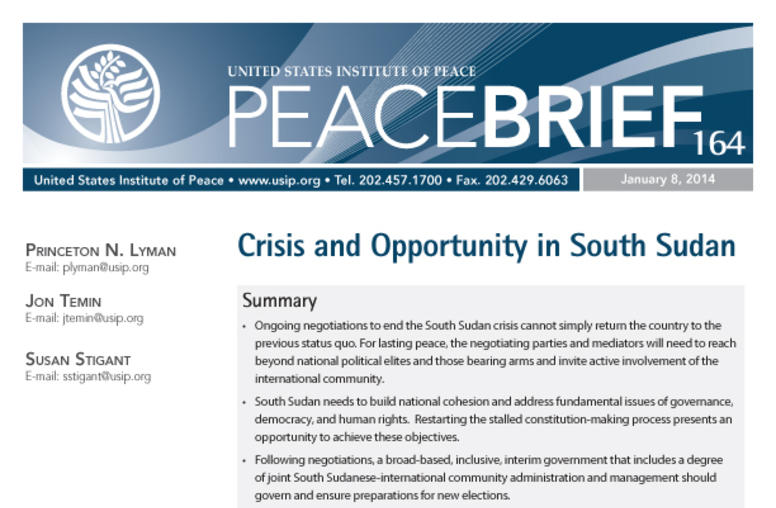
Crisis and Opportunity in South Sudan
Only two and a half years since its birth, South Sudan is in crisis. But, horrific as the violence since mid-December has been, the crisis also presents an opportunity to put South Sudan back on the path of democratization, good governance, and peace. USIP’s Princeton N. Lyman, Jon Temin, and Susan Stigant examine what needs to happen to create a foundation for lasting peace and stability.
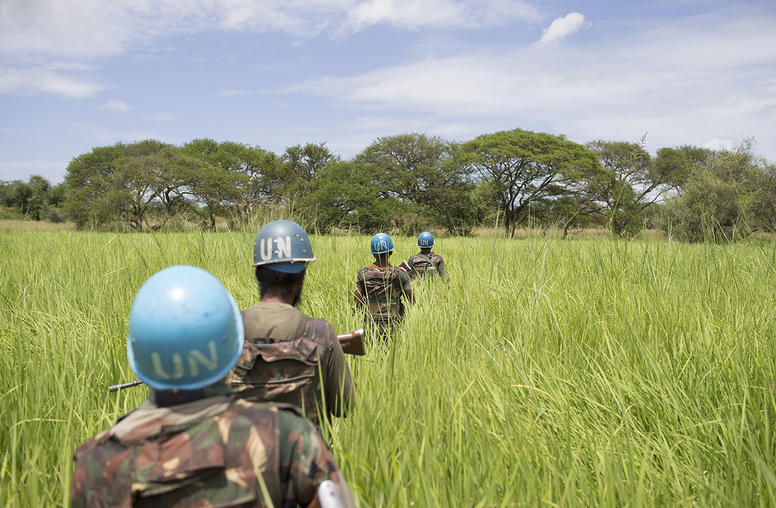
South Sudan's Crisis Reflects Longstanding Tensions
Jacqueline H. Wilson, a senior program officer in USIP’s Academy for International Conflict Management and Peacebuilding, examines the current violence in South Sudan.
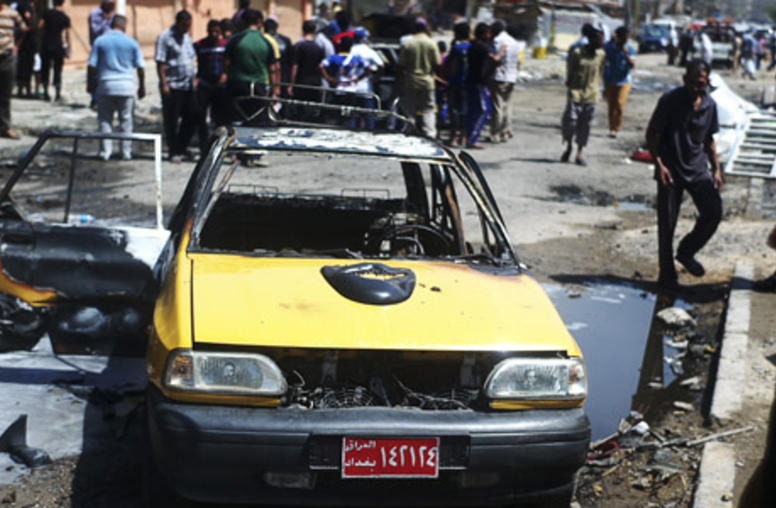
The 'Dark Matter’ of Peacebuilding
While reading a recent issue of Popular Science magazine, I was captivated by an article on “dark matter.” Scientists are trying to wrap their minds around the 85 percent of the universe we cannot yet see or understand. But what struck me were the parallels with the challenges of peacebuilding – the idea that conflict also may be 85 percent “dark matter,” requiring peacebuilders to probe more deeply as we practice our craft.
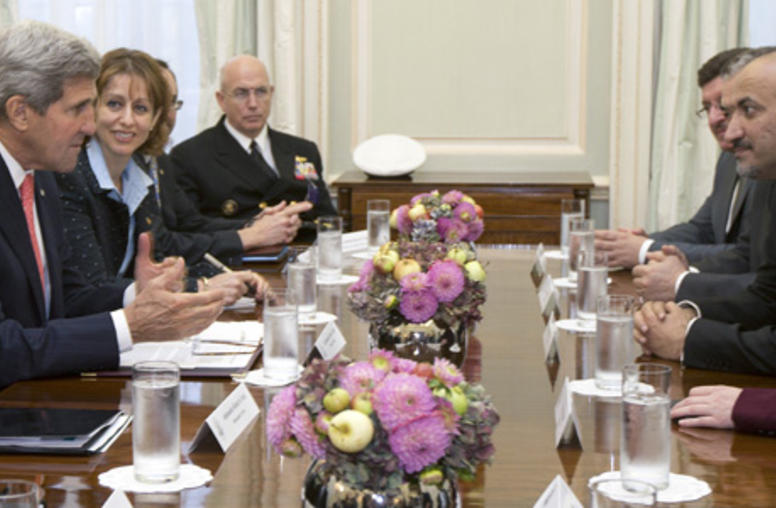
Debate Lessons
What can we learn from other peace processes that could help ease the negotiations in Geneva this January between the Syrian government and the country's fractured opposition? Many seasoned practitioners would argue that since no two conflicts are alike, it is dangerous to assume that what worked in managing one conflict will work in another. At the risk of proving the skeptics right, however, there are a few areas in which earlier conflicts might provide useful lessons for Geneva: identity i...
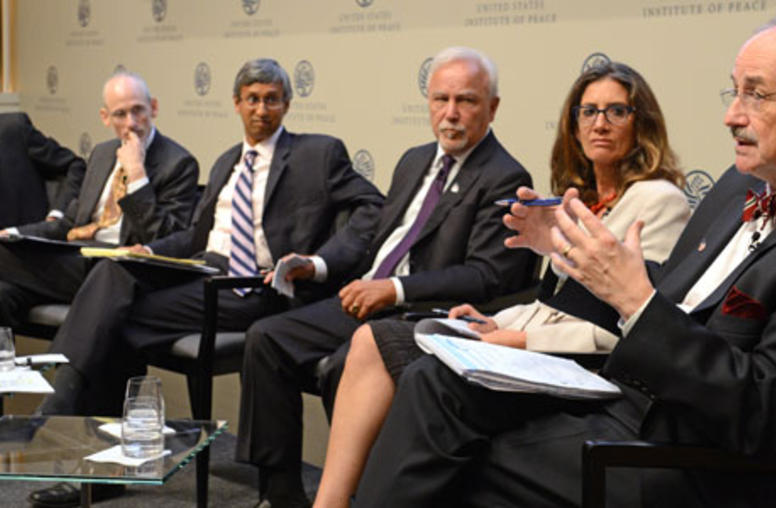
USIP Hosts International Gathering on Water Security and Conflict Prevention
Assuring access to water of adequate quantity and quality in the face of increasing challenges poses a growing risk of future conflicts. But in preventing any outbreak of conflict, better water management can play a vital role in building peace and cooperation, a variety of officials and specialists said at the Water Security and Conflict Prevention Summit held at the U.S. Institute of Peace (USIP) on September 10.
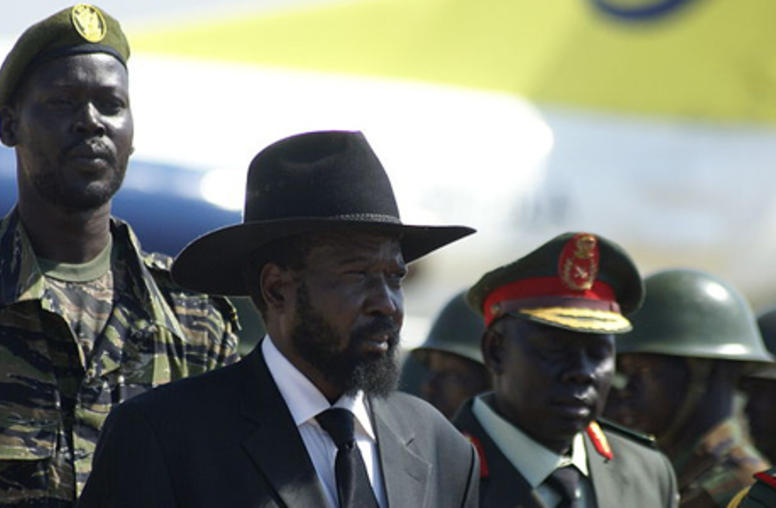
South Sudan’s Political Turmoil
Recent political developments in South Sudan have raised concerns about the new nation’s current stability and future peace. USIP’s Susan Stigant discusses the latest.
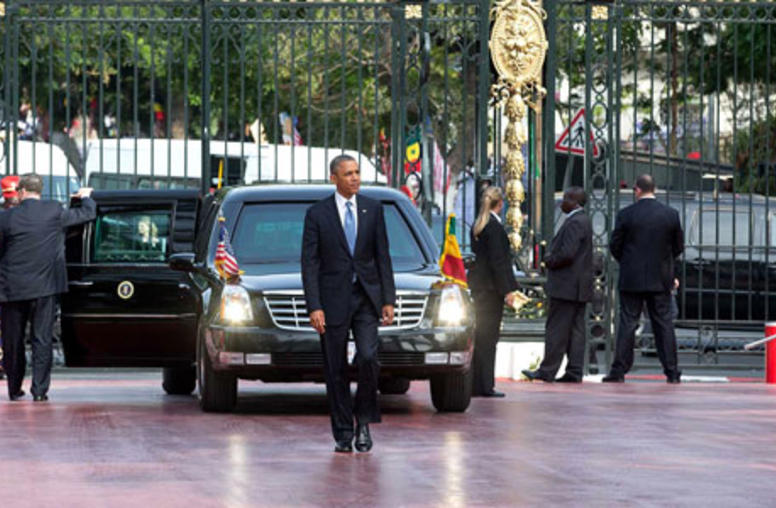
Obama’s Africa Trip Seizes on Progress to Trumpet Economic Potential
President Barack Obama’s first extended trip to Africa will seize on democratic and economic progress in the three countries on his itinerary – Senegal, South Africa and Tanzania – to inspire further advances across the continent and encourage more American companies to plunge in.